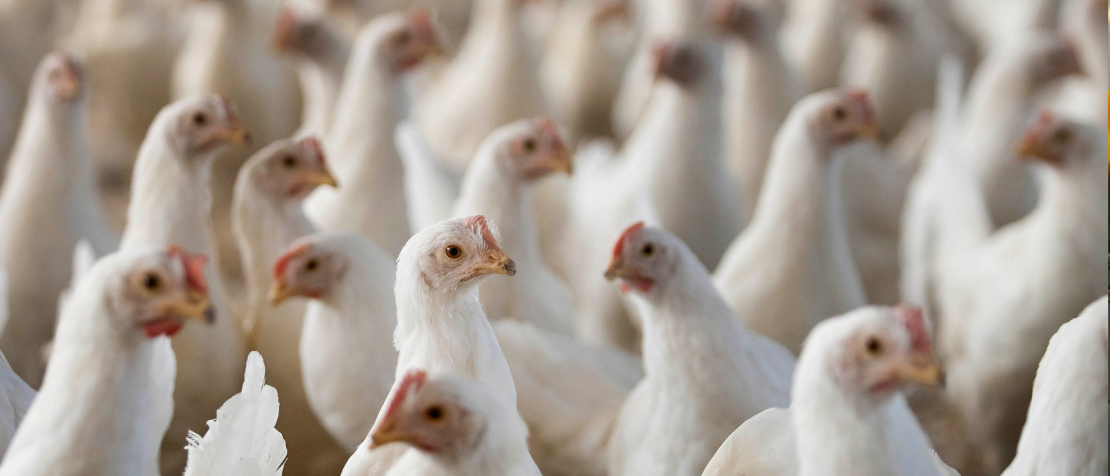Online training by FAO enhances the preparedness of European veterinarians against avian flu

©FAO/Giulio Napolitano
Avian influenza, often referred to as bird flu, is a major transboundary disease with zoonotic potential. Avian influenza is a critical concern for poultry producers, causing severe production losses and disrupting trade, and also because it poses risks to wild birds and mammals, including livestock, pets, and humans. By 2024, more than 800 cases of human infection with avian influenza A(H5N1) virus were reported across 23 countries. The disease is present and actively spreading across Europe as well.
While avian influenza viruses do not presently transmit easily between humans, continued circulation in poultry could lead to mutations that increase human-to-human transmissibility. In response, the Food and Agriculture Organization of the United Nations (FAO) is offering online training to equip European veterinarians, who are the first responders, with the skills needed to detect and react to this cross-species virus, helping to mitigate severe health impacts on both animals and people.
About the course
The four-week tutored course includes eight interactive modules, totaling approximately 12 hours of study time. Topics include the global distribution, characteristics and significance of avian influenza viruses. The course provides an overview of key epidemiological features and risk factors, the pathogenesis and clinical signs of avian influenza, and the implementation of vaccination programmes, among other key subjects.
Accredited by the European organization for Veterinary Continuing Education in Europe (VetCEE) with 0.5 European Credit Transfer and Accumulation System (ECTS) credits as a post-graduate level (advanced) training, the course launched on 8 October 2024 has attracted over 300 participants from 43 countries across Europe. Experts from the Friedrich-Loeffler-Institute were tutors to further enrich the participants' learning experience.
“Surveillance and monitoring are essential for early detection and response to highly pathogenic avian influenza outbreaks, and for that, we need to equip veterinarians and animal health professionals with an up-to-date knowledge,” said Daniel Beltran-Alcrudo, FAO technical advisor for animal health. “This online learning tool was designed for that.”
With a high completion rate of 89 percent, the course offers valuable and very timely training. Course components include live webinars, interactive modules, tests, self-assessment questions, and access to trainers via webinars and the discussion forum, where participants also exchanged experiences and opinions.
About the FAO VLCs
The FAO Virtual Learning Centers are platforms designed to enhance the regional delivery of effective online education. VLCs offer inclusive, engaging, and high-quality training through diverse methodologies, including online tutored courses, blended learning, technical webinars, and mobile learning. Each Learning Center course is customized to effectively address regional needs and fill knowledge gaps across a range of subjects.
- FAO Virtual Learning Centers
- VLC Europe and Central Asia (REU)
- European Organization for Professional Veterinary Education (VetCEE)
- FAO VLC REU July 2024 newsletter
Romanian and Moldovan veterinarians attend virtual training to improve control of African swine fever
FAO launches an online Russian-language course on preparedness for an emerging threat to the health of small ruminants: sheep and goat pox
